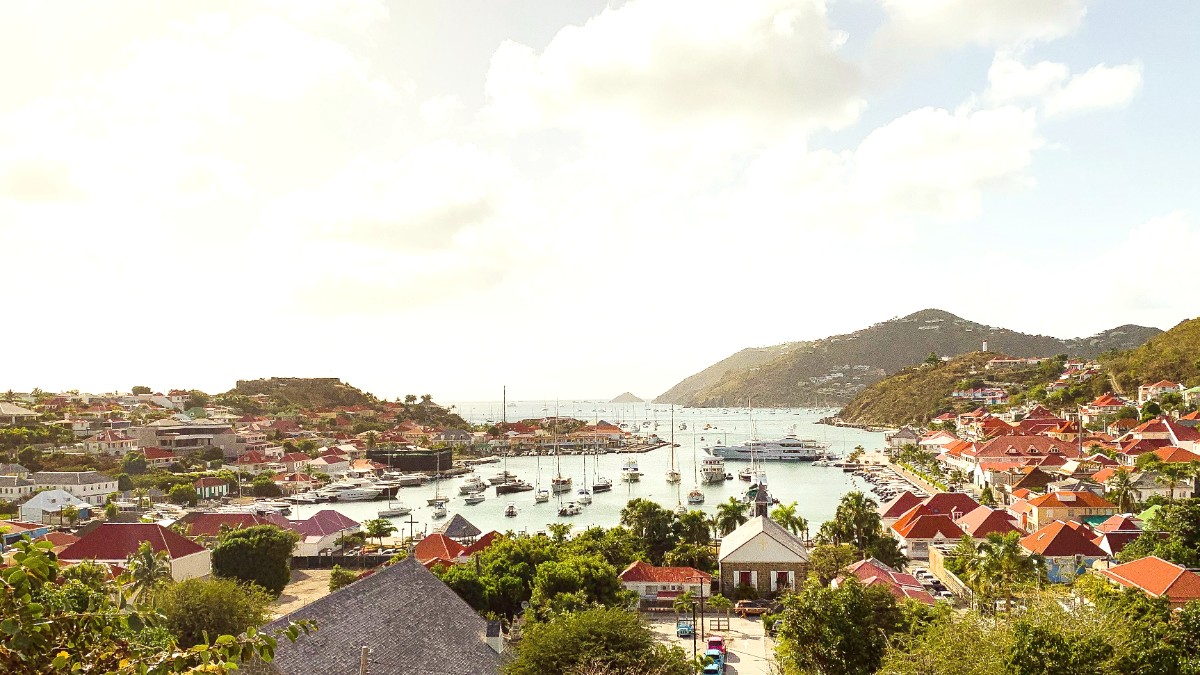
The St. Barthélemy Marine Reserve (Réserve Naturelle) safeguards 1,200 hectares of marine environment.
Visitors should respect regulations, including not touching coral and avoiding fishing in protected zones.
Recycling bins for plastic, glass, and paper are available in designated areas. Proper waste sorting helps these efforts.
Cultural sensitivity plays a role in responsible travel to St. Barthélemy. Efforts focus on preserving the island's blend of French and Creole heritage.
Engage with locals politely. Always start conversations with "Bonjour" (good day), showing respect for the local language and customs. Be patient and polite, recognizing the island's relaxed pace.
Photography ethics and privacy concerns merit attention. It is generally fine to photograph landscapes, buildings, and general scenes. Always ask permission before photographing individuals, especially children, to respect their privacy.
The island's heritage includes traditional fishing practices and straw weaving in Corossol.
If visiting churches, dressing modestly is advisable, although casual wear is generally accepted. Maintain quiet and respectful behavior during services, showing deference to the sacred space.
In Corossol, observe and purchase directly from craftspeople.
Using simple French phrases can open conversations with locals.
Start learning FrenchBarthélemy's well-being. Supporting local businesses is a direct way to aid the island economy.
Community-based tourism initiatives, while not extensive in St. Barts, involve supporting local artisans. In Corossol, purchase traditional straw products directly from the craftspeople. This directly benefits the local economy and helps preserve traditional skills.
Fair trade and ethical shopping options include looking for products that are locally made or ethically sourced. St. Barts' duty-free status means many items are imported luxury goods.
Supporting local businesses extends to various services. Choose locally owned car rental agencies instead of only international brands. Dine at local eateries instead of exclusively resort restaurants. Hire local boat captains for charters, providing income to islanders who know the waters well.
Opt for island-owned car rental companies.
Select local eateries to spread tourism revenue.
Book charters with local captains for authentic insights.
Do not support activities exploiting animals or damaging the environment, like buying protected marine species.
For donations, research reputable local charities or community organizations rather than giving money directly to individuals.